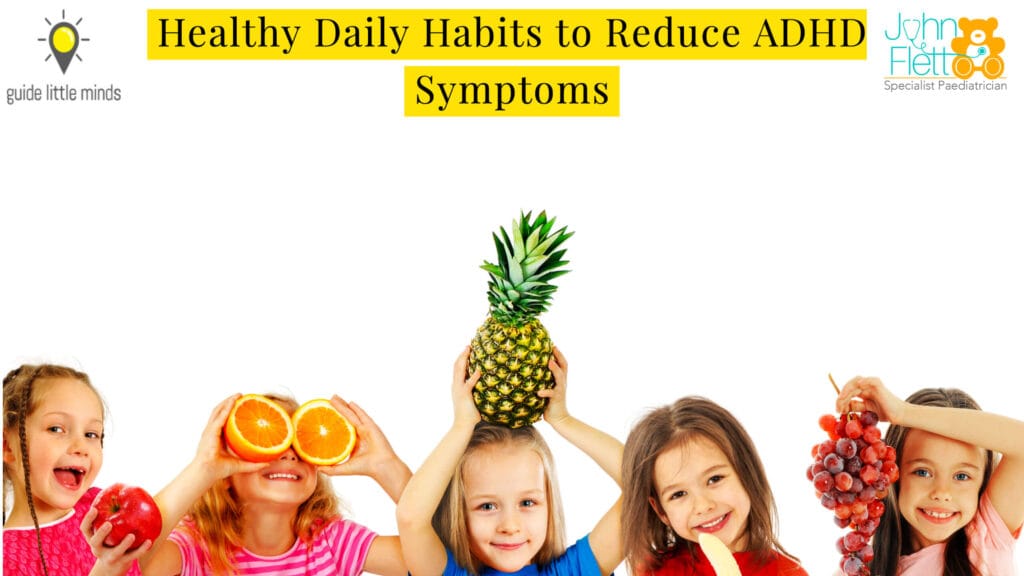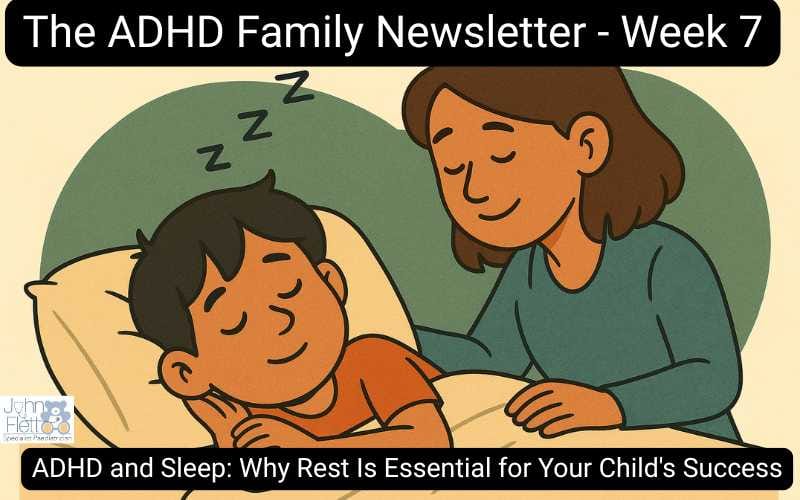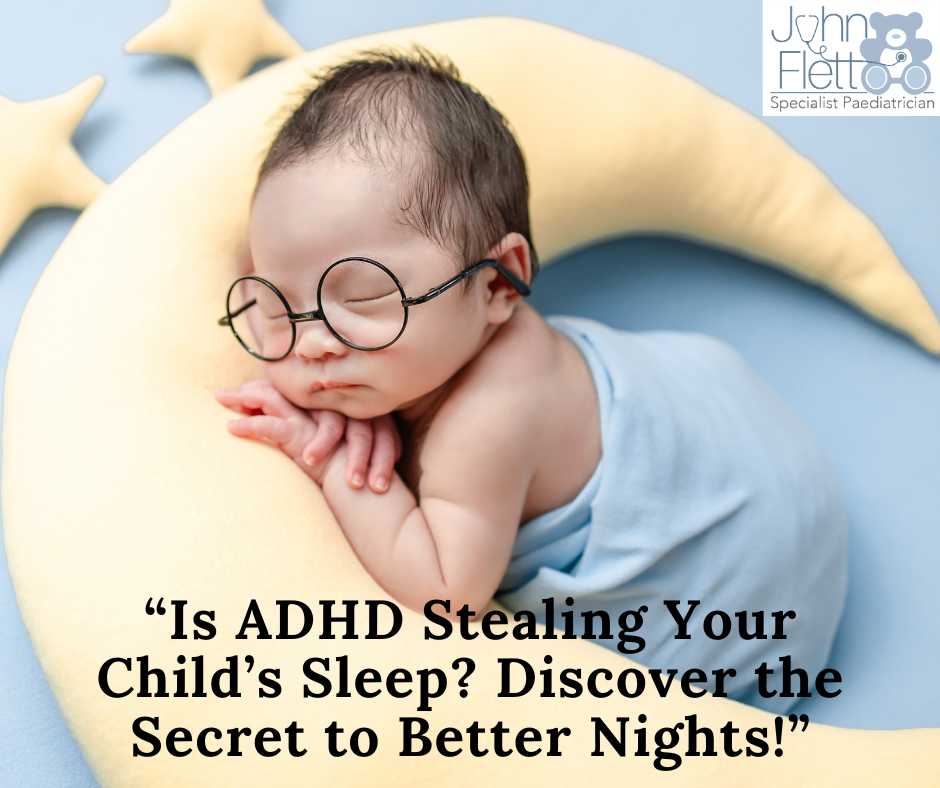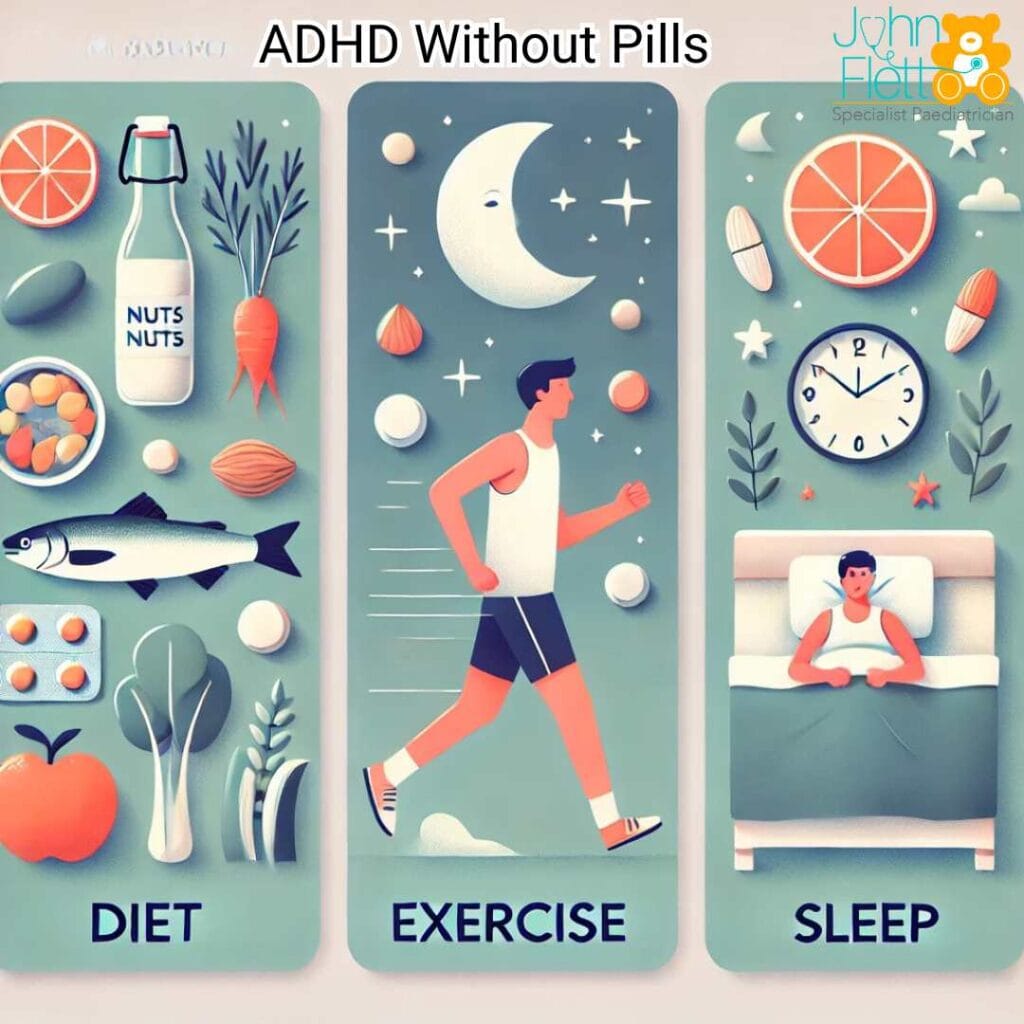Healthy Habits to Reduce ADHD Symptoms.

Managing daily healthful life habits: Sleep, stress management, exercise, and nutrition
Sleep Strategies
Of primary importance in managing ADHD — lack of sleep adversely affects executive functioning, energy level, stamina, and immune system. Sleep architecture is disturbed in ADHD-delayed sleep phase syndrome. Common problems include falling asleep, staying asleep, and waking/getting up.
› Avoid over-stimulation 1-2 hours before bed — television shows, news, Internet, video games, engaging books, active play — turn off media 1½ hours before bed.
› Try a warm, quiet bath; melatonin; neutral reading; soothing massage; soft, slow music; nature sounds, a fan, or white noise machine; a mixture of warm milk, tsp. Natural vanilla, tsp. Sugar; “Brain Train” tape atmindworkspress.com; relaxation/meditation.
› Hints for waking up and getting going — take the stimulant medication 45 minutes before get-up time, set the alarm across the room with motivating music, find motivating morning activity, and get enough sleep.
Stress Management
Simplify your life as much as possible — reduce extra activities, clubs, committees, and commitments.
› Take care of yourself — get enough sleep, exercise, downtime, and healthful food.
› Learn and practice relaxation, meditation, yoga, and deep breathing.
› Get yourself out in nature — very ADD-friendly!
› Maintain one or two close relationships for support.
› Develop ADD-friendly job and home environments. Hire an ADD coach and organizer to help.
Exercise
Exercise boosts blood flow to the brain and increases serotonin availability. Recommended exercise is 30-45 minutes at least five times per week.
› Suggestions to enhance compliance — exercise buddy/personal trainer, regularly scheduled class (pre-paid), Curves, add movement during the day (use stairs, park far away, dance around the house to favorite music), take brisk walks.
Nutrition
Protein is essential to a concentrated diet. We are maintaining a proper balance between proteins, carbohydrates, & fat. Higher-protein, lower-carbohydrate diet enhances energy and concentration. Eat protein at all meals, especially at breakfast on an empty stomach.
Many ADHD individuals have hyperinsulinemia and crave sugars and carbs. Fiber/complex carbs and protein stabilize blood sugar levels, sustain energy, and focus — raise cerebral dopamine levels. Fiber/complex carbs and protein stabilize blood sugar levels, sustain energy, and focus — raise cerebral dopamine levels. High sugar/simple carbs cause the pancreas to release more insulin in response to higher blood sugar levels; this paradoxically causes an overproduction of insulin, resulting in low blood sugar — feeling tired, sluggish, and inattentive.
• Healthy protein choices include chicken, turkey, lean beef, fish (salmon and tuna), low-fat cottage cheese, low-fat string cheese, milk, soy, protein powder, and eggs. Healthiest carbohydrates — apricots, pears, grapefruit, apples, kiwi (avoid grapes, dates, and bananas); vegetables; beans (black and kidney best); whole grains.
• Healthiest fats — olive oil, canola oil, grapeseed oil, avocados, nuts (Brazil, macadamia, cashews, almonds, pistachios).
• Omega-3 fatty acid (DHA) — essential for diet (healthy nerve synapses, development of new brain pathways); increases dopamine and serotonin levels.
Guidelines
› Eat three meals daily and one or two snacks — breakfast is necessary for fuel, increasing metabolism and blood flow. Eat protein at every meal.
› Increase the complex carbohydrates in the diet — vegetables, fruit, and whole grains.
› Reduce or eliminate most simple carbohydrates — white flour bread or pasta, white rice, white potatoes, sugar, corn syrup, honey, and candy. This can reduce anger outbursts, increase energy and weight loss, and increase focus.
› Watch fruit and fruit juice intake — most are high in fructose.
› Increase the amount of Omega-3 fatty acids in your diet (tuna, salmon, walnuts).
› Breakfast ideas — omelets with lean meats, cheese, or vegetables; eggs and lean sausage; whole-grain cereal (low or no-sugar); cottage cheese and fruit; whole-grain bagels and cream cheese; oatmeal; breakfast burritos.



